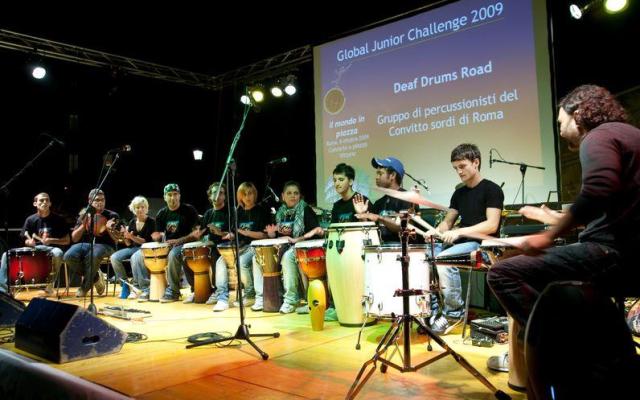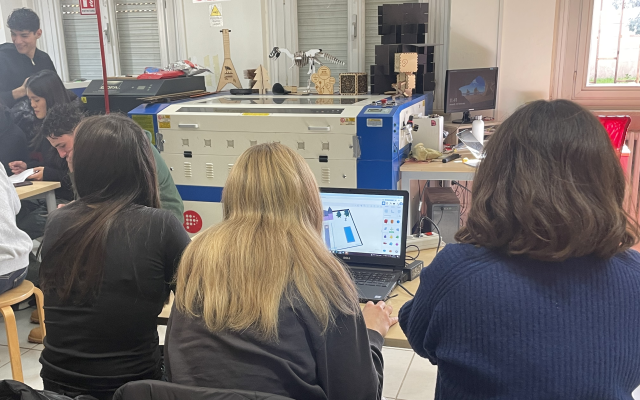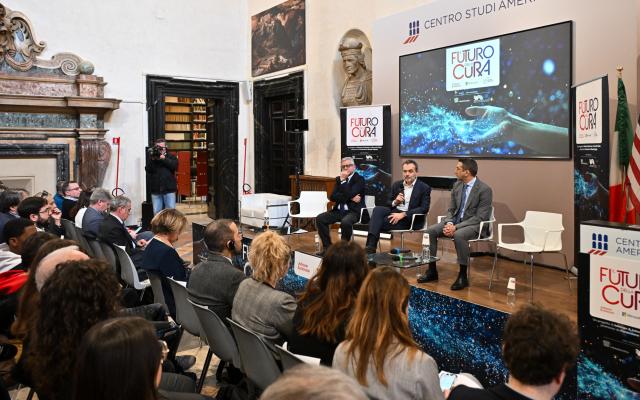3 min.
Telemouse: bridging the digital divide between elders and young is a two-year programme promoted by the Fondazione Mondo digitale. A manual and an alliance amongst schools and elderly centres are its strong points, along with recylced PCs. And starting this year, there is a competition, too. Tullio De Mauro: “Knowing is an ability to understand.”
ROME – “Knowledge volunteers means ... ” Tullio De Mauro - Professor at the Rome ‘La Sapienza’ University and President of the Fondazione Mondo Digitale - points out “… that we can start to understand what has been said by the French Economist Delors about Italy and other European countries: besides work and production modern life also entails knowledge, understanding.”
Telemouse, the two-year programme (Sept. 2009 - June 2011) promoted by the Fondazione Mondo Digitale and Telecom Italia involves schools and elderly centres in Rome. The aim is to bridge the digital divide amongst the old and young generations and promote intergenerational exchange amongst young and old citizens. Starting this year, with the second edition, the programme has been enriched with the “Knowledge Volunteers” competition, promoted by the Ministry of Youth.
How does it work? The courses take place in the computer labs of schools throughout the city and involve elders over the age of sixty from Rome’s elderly centres. Each school hosts classes of 25 elders. The courses are taught by school children and coordinated by expert teachers. The course features fifteen weekly two-hour lessons for a total of 30 hours. The course also has an entire range of textbooks. The initial “Guidelines for the digital literacy of Adults” (including Guidelines for Elders, Guidelines for Teachers, Guidelines for Tutors and a Practical PC Manual) has been supplemented by two new volumes: an e-government manual and a manual on new technologies for communication.
Moreover, in 2006, the Fondazione Mondo Digital launched a PC recycling campaign to provide elderly centres in Rome (145) and in the Lazio Region (500) with computers. The message is very simple: companies that are getting rid of their old working PCs, turn them over to a task force of about 100 students who revamp them with the necessary software and hardware. To date, the Fondazione Mondo Digitale has collected more than 850 PCs.
“Knowledge is just as crucial today,” points out Prof. De Mauro, “ as raw materials and technical abilities. Schools must work well and the territory must implement coordinated knowledge actions. The Fondazione Mondo Digitale believes that knowledge volunteers are a tool with which to overcome the difficulties related to the use of Internet and PCs. Why Internet? Because it contains everything from the world’s largest libraries to far simpler things. What one once learned by travelling the world, is now available with a click.”



